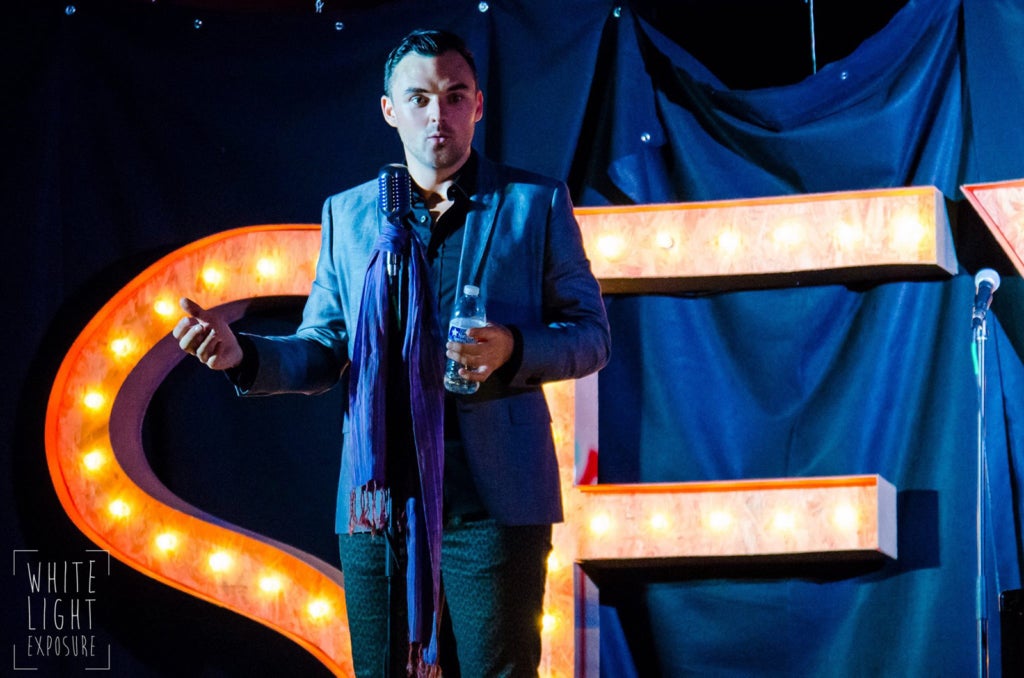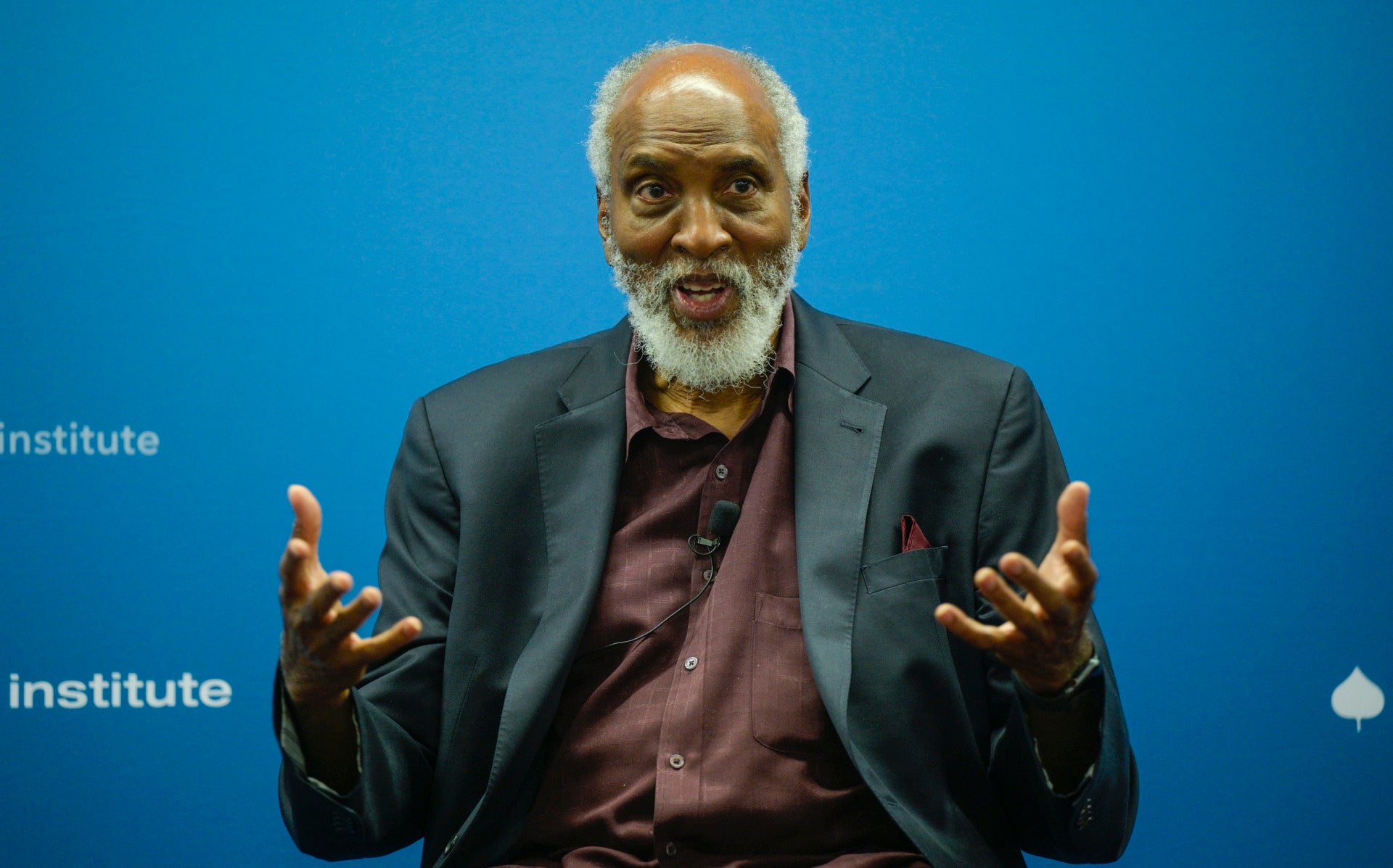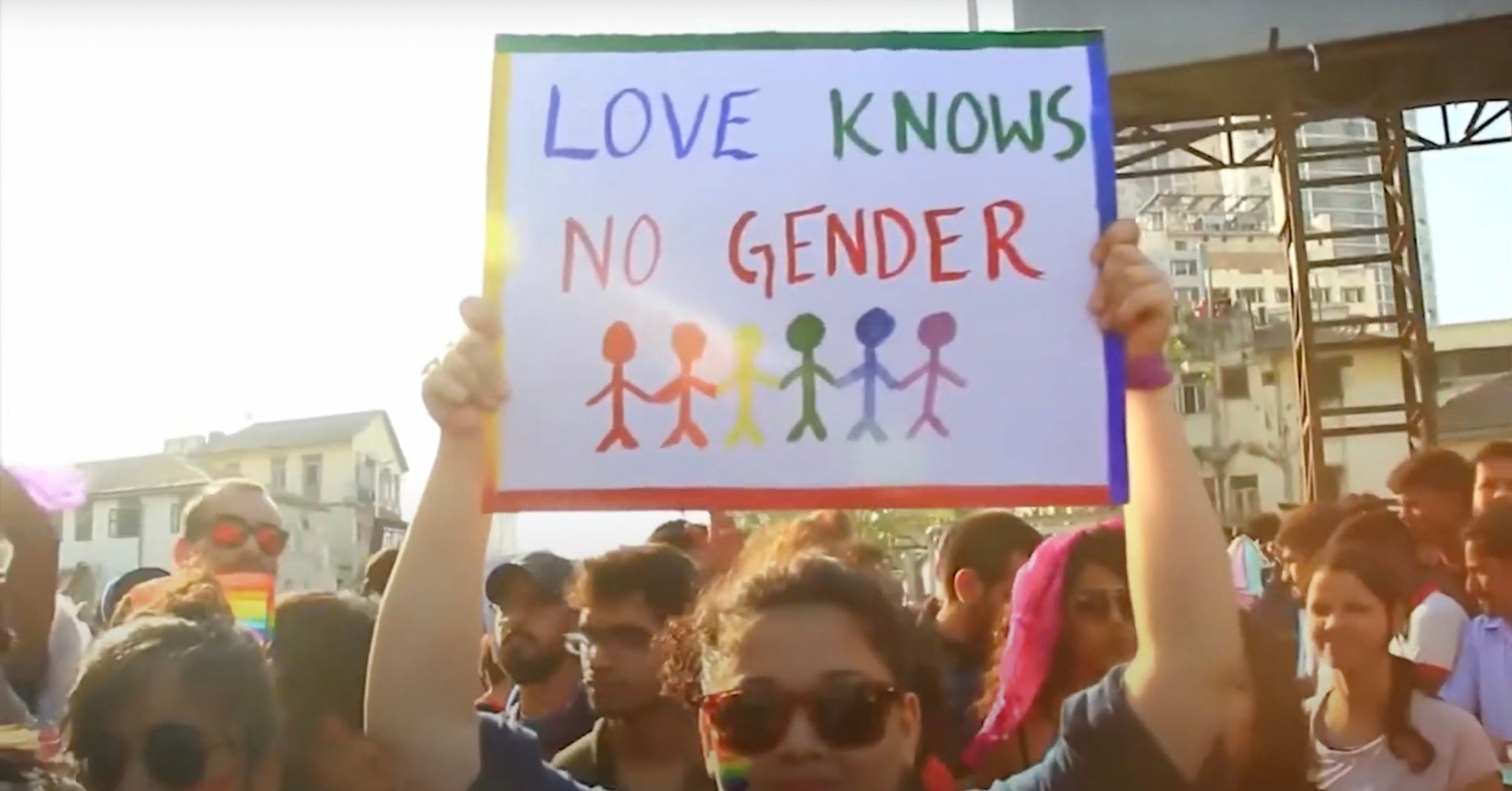
(Photo Credit: White Light Exposure)
Sam Killermann is a multi-disciplinary artist and director of creativity for Hues, which works toward the goal of global justice. He spoke at the Festival on July 1st on a panel called “How to Talk about Gender.” We caught up with Killermann to learn more about his full exploration of gender from a social justice perspective.
How did you end up getting into this hybrid field of comedy and social justice? Did your studies at university play into the material that you draw from for your shows, and your educational materials?
Sam Killermann: I fell into it by accident. For several years, I had been doing both things — stand-up comedy, and social justice activism and education — but doing them very separately. I had a strong “never the twain shall meet” mentality about the two, and that was reinforced in both camps. My social justice activist peers saw stand-up comedians as part of the problem: reinforcing oppressive systems, instead of subverting them. And my stand-up comedy peers saw social justice activists as word police. So, out of a mix of respect and wariness, I did my best to keep the two separate.
Then one night the two worlds collided. A person introducing me at a comedy show made a homophobic joke, and folks looked to me as if I was the target of the joke. This is a common misunderstanding, as folks regularly misunderstand or incorrectly assume my sexuality and gender. I walked up on stage, feeling the need to address both the joke and that constant misunderstanding, and I started telling stories — stories that would later become part of one of my main “social justice comedy shows” — about how blatantly we make snap judgments about identity.
It was cathartic for me, the crowd laughed a ton, and I felt, for the first time, that perhaps these two ideas needn’t be separate. Maybe social justice and comedy can work together, if combined with respect and a willingness to make mistakes, learn, and grow. I now say that I, like Mary Poppins, use a spoonful of sugar to help the medicine go down.
Between my undergraduate and graduate degrees, I’ve studied lots of different things (like law and society, sociology, learning and development theory, and theatre), and all of those inform the shows I perform, and the books and essays I write. It’s from my studies, and from my continued learning, that I gleaned different theories and methods that are the foundation for my work.
Where do you see your role as comedian and educator fitting in to this historical time for LGBTQ activism?
SK: I try to tell my story, and amplify the voices of others. Using comedy as the medium for my education gets me in front of folks who otherwise may not listen – folks who may otherwise not think LGBTQ issues are their concern. People who share many of my privileged identities (e.g., people who are white, straight, or men), use me as their entry point into gender and sexuality activism. They may start with me, but through me they connect to LGBTQ visionaries, theorists, and trailblazers from past and present. In this historical time, I see my role primarily as a facilitator, popularizer, and eye-opener, and most of the work I create is with those ideas in mind.
What are some of the key themes you try to include in your material?
SK: I try to make all of my work accessible, in every sense of the word. I want it to be easily understood; inviting (i.e., not intimidating); free of cost; and free to use, adapt, and improve. To this end, I test a lot of things on different audiences before I release them. I do not copyright my work and avoid pay walls that prevent folks from using it. Beyond that, the other theme that I strive to include in everything I make is a borderline-overwhelming sense of adorableness.
Talking about gender issues can open your material up to criticism. Has taking a humorous angle to social justice issues helped to mitigate this?
SK: It has not. But at least my sense of humor helps me laugh more than I cry when I read the FOX News articles.

